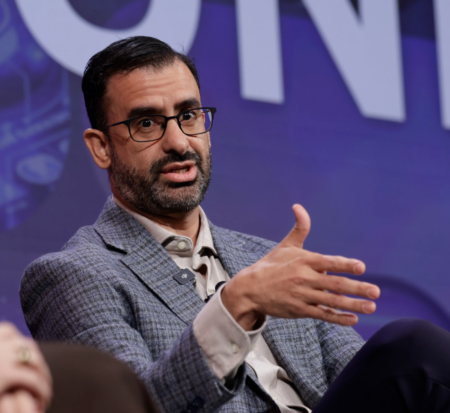
Grosvenor Property Canada, a subsidiary of UK giant Grosvenor, has acquired full ownership of the Broadmead Village Shopping Centre in one of British Columbia's first large retail transactions of 2026.
Broadmead Village is located at 777 Royal Oak Drive in Victoria, immediately east of the Patricia Bay Highway in the heart of the Saanich peninsula on Vancouver Island.
In an announcement this morning, Grosvenor said it has co-owned Broadmead Village with ADMNS — a subsidiary of the Manitoba Civil Service Superannuation Board (CSSB) pension plan — in equal partnership since 1997. Grosvenor has now bought out CSSB for $47.75 million in a deal that values Broadmead Village at $95.5 million.
Broadmead Village technically consists of two legal parcels: 777 Royal Oak Drive and 801 Royal Oak Drive, with the latter being home to Canadian Tire. Grosvenor has confirmed to STOREYS that the transaction involves only 777 Royal Oak Drive, which BC Assessment values at $85,854,000 in an assessment dated to July 1, 2025.
777 Royal Oak Drive was previously owned under ADMNS Broadmead Investment Corporation, and is now held under Broadmead GP Limited through Grosvenor Canada Limited.
It’s unclear who the owner of 801 Royal Oak Drive is, but Canadian Tire often owns their own real estate through CT REIT (TSX: CRT.UN). 801 Royal Oak Drive is valued at $11,152,000.
The open-air neighbourhood shopping centre spans 128,018 sq. ft across 12.74 acres (excluding 801 Royal Oak Drive) and is anchored by Thrifty Foods, a supermarket chain owned by Sobeys. In 2012, Broadmead Village was extensively renovated and earned BOMA Bronze, Silver, and Gold accreditations.
In its announcement this morning, Grosvenor said Broadmead Village “has long been one of the best performing assets within Grosvenor’s Canadian property portfolio, exemplified by continued leasing momentum,” and that “its tenant mix is well-insulated from economic downturns with low historical turnover, vacancy, and strong performance.”
“Grosvenor’s first-class management of Broadmead Village parallels our experience with them as a long-term investment partner on other properties,” said Ian Cameron, Senior Portfolio Manager, Real Estate for Civil Service Superannuation Board (CSSB). “We are pleased with Broadmead Village’s performance over the decades, and notably, Grosvenor’s transformation of the property into one of Vancouver Island’s top performing grocery-anchored retail plazas.”
“We view this purchase as an outstanding opportunity to further our investment into Canada,” added Robert Duteau, SVP of Investment for Grosvenor Property Canada. “It highlights our strengths as an owner and manager, and follows our track record of developing and operating exceptional mixed use assets such as The Rise, Connaught and Grosvenor Ambleside.”
Notably, Duteau also suggested that redevelopment of Broadmead Village may be a possibility, saying that “acquiring grocery-anchored retail at scale with future redevelopment potential is an approach we are very focused on here in Canada.” Redevelopments of sprawling shopping centres have become a growing trend across Canada as owners try to make better use of the land.
Grosvenor’s origins can be traced back to 1677 and the estate of Sir Thomas Grosvenor. Today, it remains owned by the Duke of Westminster, operating in various sectors on multiple continents.
In Canada, Grosvenor has been a presence for over 70 years now and it has multiple active real estate projects in its pipeline, including the Mayfair West master-planned community in Vancouver and the Brentwood Block master-planned community in Burnaby. The latter commenced construction last year. Grosvenor is also the owner of over 185 acres of Annacis Island and has approximately $2.8 billion in assets under management in Canada.


